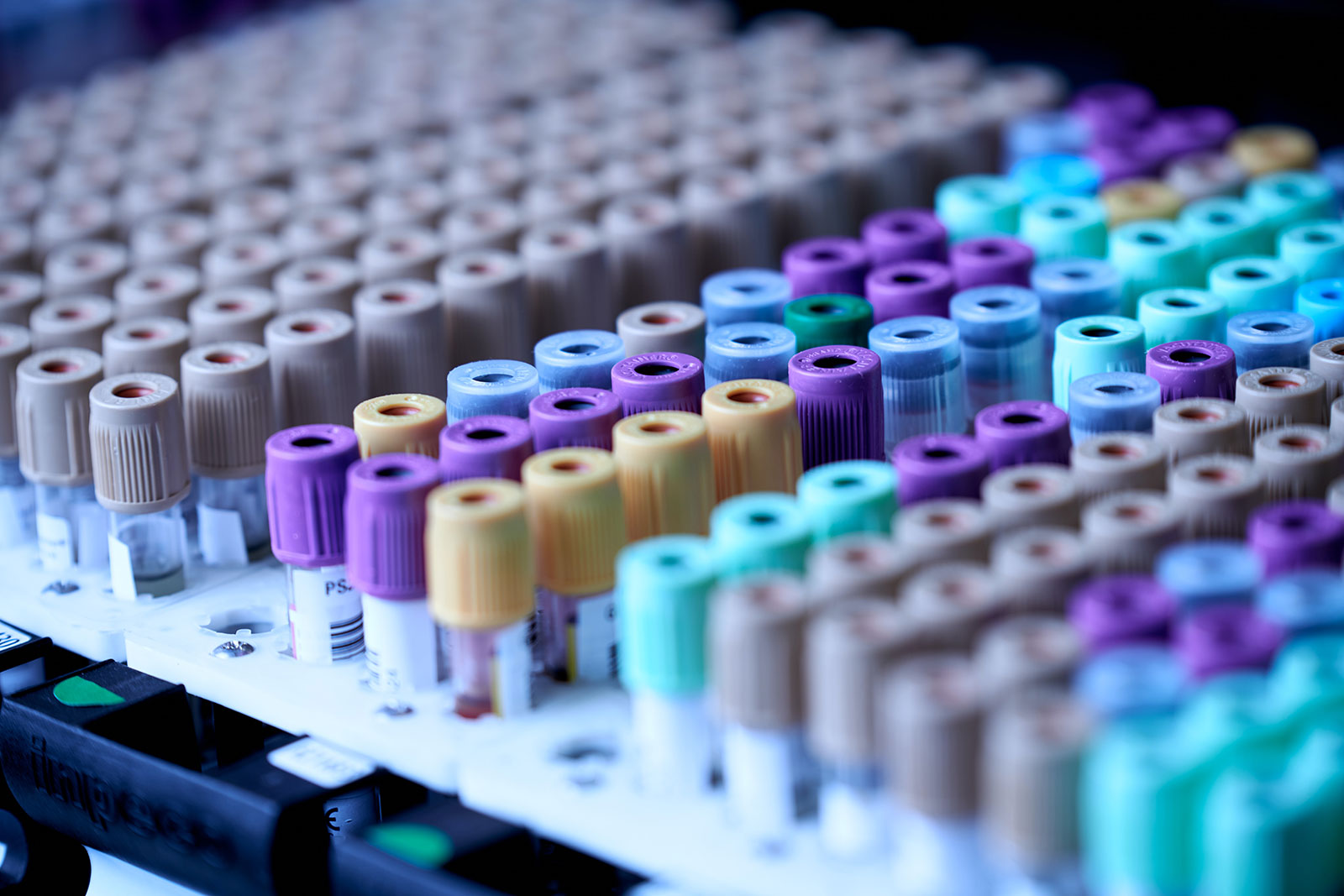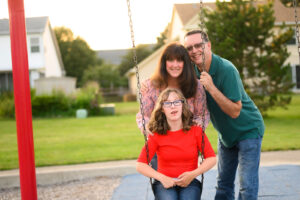The COVID-19 pandemic interrupted an array of plans and appointments—including cancer screenings and tests. The National Cancer Institute reported that in March 2020 alone, more than 800 appointments for lung cancer screening were postponed. With the delays in IRL cancer testing, some may be wondering if there are better ways to approach screening—for example, can screenings at a doctor’s office be developed for within the comfort of your own home instead? Is there a way to evaluate the best amount of yearly testing for each person based on their individualized health and risk factors? Could doing so also lead to better treatment?
Luckily, if you have a rhetorical health question, there’s likely a research team already working on answering it! When it comes to more convenient and efficient cancer screening, these studies and projects aim to improve patient outcomes while decreasing time spent in the doctor’s office.
WISDOM Study
One of the current research trials that is ongoing is the WISDOM Study, headed by renowned breast cancer surgeon-scientist Dr. Laura Esserman. WISDOM, or “Women Informed to Screen Depending On Measures of risk,” compares two breast cancer screening options: annual mammograms starting at age 40 or customized breast cancer screening recommendations dependent on an individual’s risk factors such as breast density, family history or genes. These personalized recommendations include what age to begin screening, how often to screen and what type of screening modality is best (mammogram, MRI or both).
“This is a landmark research trial that is working to find the optimal way to screen for breast cancer so that all women can live healthier, longer lives,” says Esserman.
The WISDOM Study’s facilitators understand that cancer isn’t the same for everyone, especially when it comes to breast cancer. They want that perspective now reflected in the way that breast cancer screening is approached.
“Despite outstanding medical advances and increased survivor rates, breast cancer continues to take 40,000 lives per year in the United States. Women of color have higher fatality rates and are afflicted by more aggressive cancers than others. The WISDOM Study has from the start made it a priority to represent a diverse population of women,” Esserman explains. “The WISDOM Study is using the optimal tools available in medicine today and gathering substantive evidence to determine the best, safest way to screen all women for breast cancer while also reducing false alarms, unnecessary procedures and the stresses that invariably accompany them.”
Registration is still open on the WISDOM Study’s website, and over 100,000 women have already joined the five-year trial. Participants complete online questionnaires about their lifestyle, health and family history of cancer, then placed in one of two groups. The “Annual Group” receives mammograms once per year, while the “Personalized Group” receives screenings based on sophisticated risk assessment relating to the completed questionnaires and the results of an at-home saliva genetic test.
For someone who is especially high risk, the option to consult with one of the WISDOM Study’s breast health specialists is also available. In addition, the clinical team will conduct an ongoing review of a participant’s breast health history and current exams.
“The study is working to better identify predictors of more aggressive tumors and modernize breast screening and cancer prevention practices to save women’s lives,” says Esserman. “The WISDOM Study is a vitally important movement towards making screening safer, more precise and less fear-inducing.”
Learn more at thewisdomstudy.org.
The Blue Box
For at-home breast cancer screening, look no further than the promising future of Judit Giró Benet’s The Blue Box. The 24-year-old Spanish engineer received the 2020 James Dyson Award for her design utilizing urine samples for low-cost, convenient breast cancer testing. The biomedical testing device employs artificial intelligence to detect early signs of the disease, using chemical sensors as reactionaries to any targeted breast cancer biomarkers present. Results are provided via The Blue App on your smartphone in less than one minute. The Blue Box is currently under development, being trained and tested at two hospitals.
Keep up with The Blue Box developments on Instagram at @thebluebox.ai.
Galleri Blood Test
Last year, cW covered the results of an accuracy study for an innovative multi-cancer early detection blood test conducted by researchers at the Dana-Farber Cancer Institute. The blood test, developed by biotech healthcare company GRAIL, Inc., has the ability to analyze a single blood draw for multiple cancer types—as many as 50. Research boded well for the Galleri test as complementary testing to single cancer screenings, and in June 2021 it was able to launch for use by eligible individuals in the U.S. Those who may be at an elevated risk for cancer, such as those over age 50, can obtain the blood test with a prescription and undergo the blood draw at qualified locations or through at-home visits. Results are provided in two weeks. GRAIL plans to pursue full FDA approval in 2023.
Learn more about the Galleri test at galleri.com/the-galleri-test.







